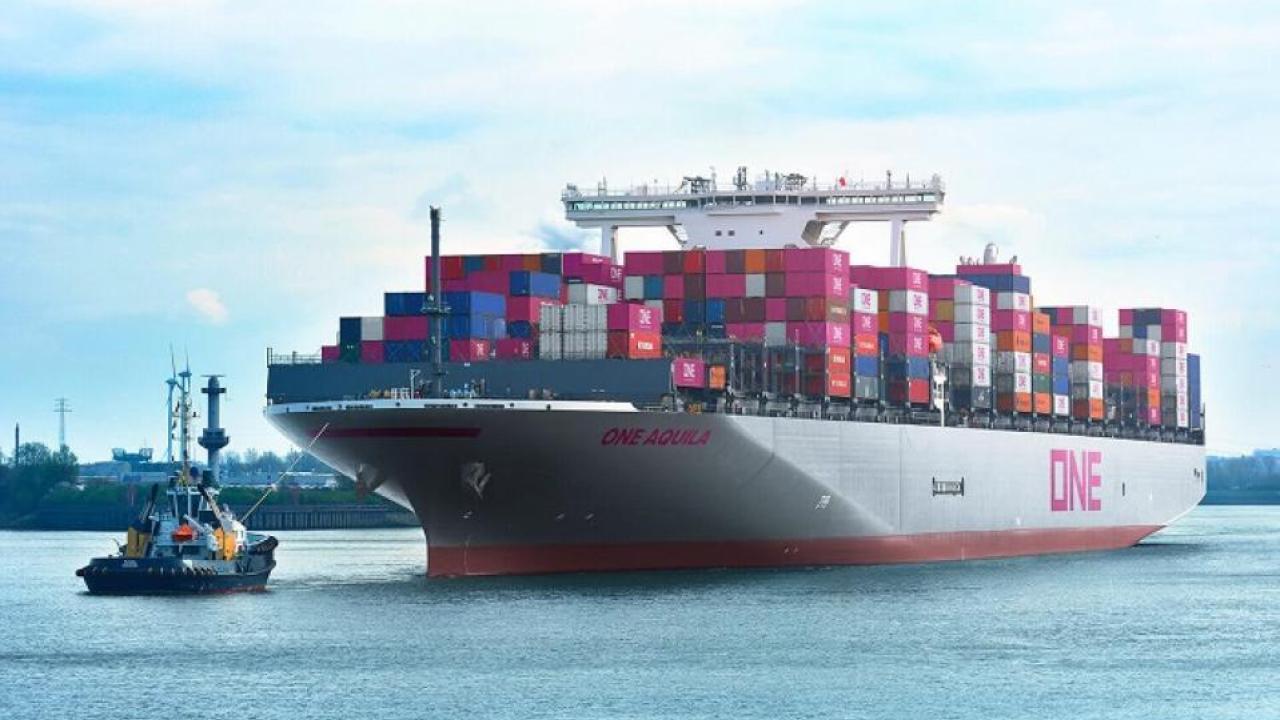
The ASP-B regretted the measure because it increases costs in Bolivian foreign trade.
The three main international shipping companies MSC, Hapag Lloyd and Ocean Network Express (ONE) decided to suspend the reception of payments in Bolivia for the foreign trade service and announced that they will do so in the ports of Chile and Peru, where most of the shipment arrives. Bolivian cargo.
“The shipping lines MSC, Hapag-Lloyd and ONE suspend the receipt of payments in Bolivia for import and export cargoes,” states the note from the shipping companies sent to clients in the country.
The three main shipping companies in the world determined that starting this month they will only accept dollars paid in their offices in Chile and Peru.
One Mercator announced that it will stop accepting payments in Bolivia for shipped cargo from July 1, Hapag Lloyd from July 3 and MSC from July 15.
This determination increased the collection of commissions by 35% to carry out the currency exchange and guarantee the operations.
REJECTION
According to the manager of the Port Services Administration-Bolivia (ASP-B), Dante Justiniano, the measure will affect the country's foreign trade since it will increase the costs for importing products.
“For Bolivian logistics, this is an abuse committed by shipping companies, it is to increase shipping rates at their discretion without any justification, which obviously makes the product that arrives in the country for the final consumer more expensive due to this increase in shipping rates. ", he indicated to the Uno network.
He maintained that the measure will mainly affect costs since if before shipping companies charged US$3,000 for freight, "now (they will ask) US$7,000 to 8,000, it is a first abuse."
Although in Bolivia, according to Justiniano, the official exchange rate has a stability of Bs 6.96 per dollar, abroad it has a higher cost and that will affect national importers.
"In this logic, the one who is going to lose, when the shipping companies decide that payment is not made in Bolivia but rather paid in other countries, is the importer, mainly affecting the movement and logistics of the country and affecting the product that will reach the country to the final consumer,” he reiterated.









